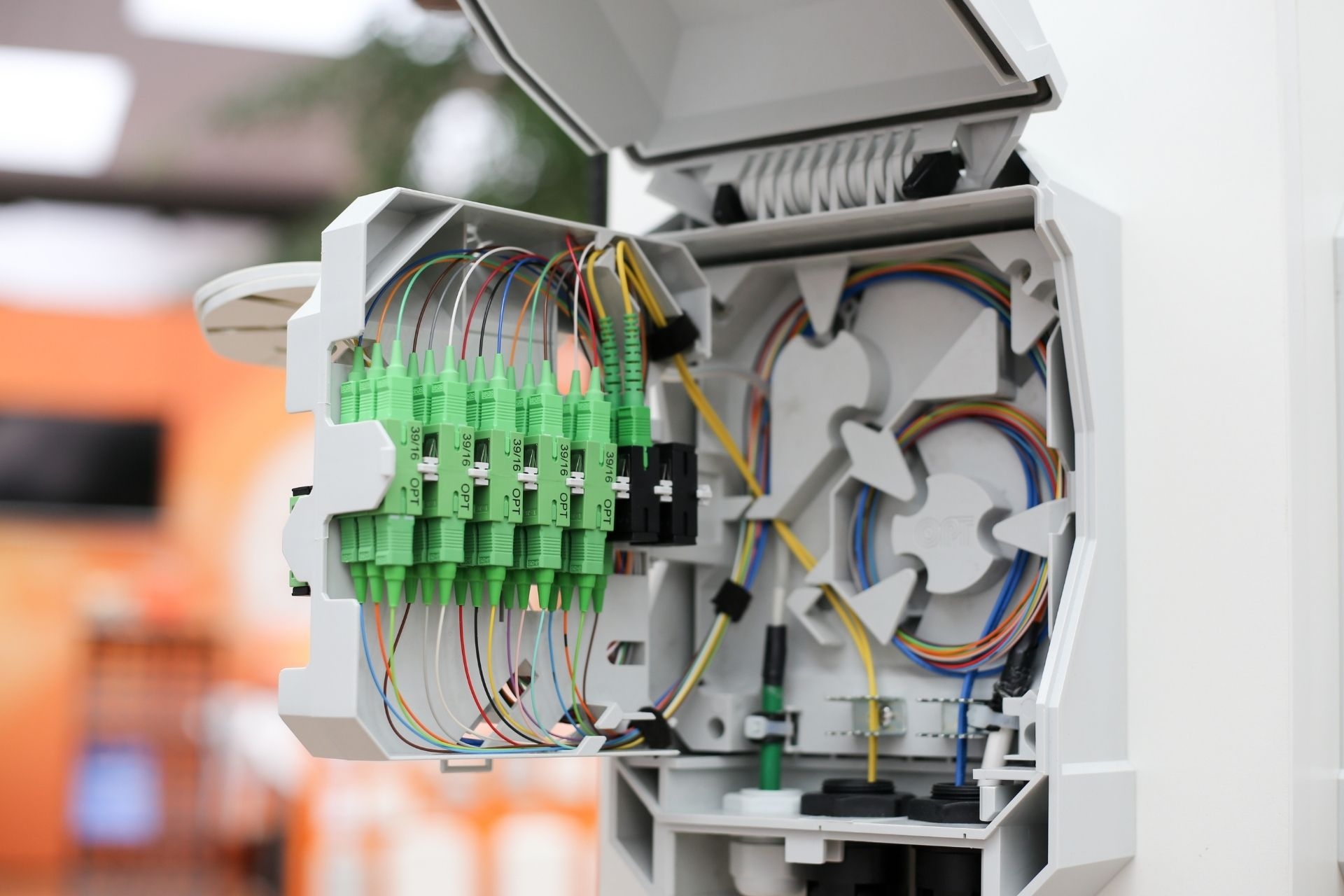

The primary functions of a Network Operations Center (NOC) include monitoring network performance, managing network incidents, troubleshooting issues, and ensuring network availability and reliability. NOCs play a crucial role in maintaining the overall health and functionality of a network infrastructure.
NOCs monitor network performance by using various tools and technologies such as network monitoring software, SNMP (Simple Network Management Protocol), and packet sniffers. They analyze network traffic, identify bottlenecks or anomalies, and proactively troubleshoot issues to prevent downtime or service disruptions.
Do you know what you are putting your residents through? by Joe Geroux I have been in the telecommunications Industry for over 30 years! Recently my sister moved from Naples, FL to Nashville, TN and trying to help my big sister get set up in her new apartment was one task I took on as her little brother!

Posted by on 2023-01-19
This post was collaboratively written by four members of our team with a combined 70 years in the cable industry, having worked at the top Cable Companies in the country and having left that industry over the last two years due to the issues described below. Cable companies will want to sell you bulk modems for your multi-tenant property. Why?

Posted by on 2022-12-21
Common tools and technologies used in NOCs for network monitoring and management include network monitoring software like SolarWinds or Nagios, performance monitoring tools like Wireshark, network analyzers, and configuration management tools. These tools help NOC technicians monitor network health, analyze performance metrics, and ensure optimal network operation.

NOCs ensure network security and prevent cyber attacks by implementing security measures such as firewalls, intrusion detection systems (IDS), and security information and event management (SIEM) solutions. They continuously monitor network traffic for suspicious activity, conduct security audits, and respond to security incidents promptly to protect the network from potential threats.
Automation and artificial intelligence play a significant role in NOC operations by automating routine tasks, streamlining network management processes, and providing predictive analytics for proactive network monitoring. AI-powered tools can analyze vast amounts of network data in real-time, detect patterns, and predict potential issues before they escalate.

NOCs handle network incidents and outages in real-time by following predefined incident response procedures, escalating issues to appropriate teams or vendors, and coordinating with stakeholders to resolve the problem quickly. They use incident management tools like ServiceNow or Jira to track and manage incidents effectively.
The key differences between a NOC and a Security Operations Center (SOC) lie in their primary focus and responsibilities. While NOCs primarily focus on monitoring and managing network performance, incidents, and troubleshooting network issues, SOCs are dedicated to cybersecurity, threat detection, incident response, and ensuring the overall security of an organization's IT infrastructure. SOCs specialize in identifying and mitigating security threats, while NOCs focus on maintaining network availability and performance.
MDU Internet Infrastructure Used Currently For Commercial Applications in 2024

The security implications of internet access in MDUs, such as apartment buildings or condominiums, are significant due to the shared network infrastructure and the potential for unauthorized access to personal data. This can lead to privacy breaches, identity theft, and cyber attacks. To address these concerns, property managers and residents can implement measures such as secure Wi-Fi networks, encryption protocols, firewalls, antivirus software, and regular security updates. Additionally, implementing user authentication methods, network segmentation, and monitoring tools can help detect and prevent security breaches. Collaborating with internet service providers to ensure secure connections and educating residents on best practices for online security can also mitigate risks associated with internet access in MDUs.
Contractors and installation teams play a crucial role in MDU internet deployments by overseeing the physical implementation of network infrastructure within multi-dwelling units. These professionals are responsible for tasks such as fiber optic cable installation, equipment setup, network configuration, and ensuring proper connectivity throughout the building. Additionally, they collaborate with property managers, internet service providers, and residents to coordinate installation schedules, troubleshoot any issues that may arise, and provide ongoing support. By leveraging their expertise in telecommunications, construction, and technology, contractors and installation teams help facilitate the seamless integration of high-speed internet services in MDUs, ultimately enhancing the overall connectivity experience for residents.
MDU broadband solutions offered by providers like AT&T, Comcast, and Spectrum are designed to meet the diverse needs of subscribers living in multi-dwelling units such as apartments, condos, and townhouses. These solutions include a range of high-speed internet packages, streaming services, and digital phone options to cater to the varying preferences and requirements of residents. With options for fiber-optic, cable, and DSL connections, subscribers can choose the technology that best suits their location and usage habits. Additionally, providers offer customizable bundles that may include features like Wi-Fi extenders, smart home devices, and security services to further enhance the subscriber experience. By offering a variety of services and packages, MDU broadband solutions ensure that all residents have access to reliable and high-quality connectivity tailored to their specific needs.
In order to future-proof MDU internet infrastructure against technological advancements, property managers and developers must prioritize the implementation of fiber-optic networks, scalable bandwidth options, advanced networking equipment, and cloud-based management systems. By investing in high-capacity fiber-optic cables, gigabit-speed internet services, and cutting-edge routers and switches, MDUs can ensure that their infrastructure can support the demands of emerging technologies such as 5G, IoT devices, and smart home systems. Additionally, utilizing cloud-based management platforms allows for remote monitoring, troubleshooting, and updates, ensuring that the network remains secure and efficient in the face of rapid technological changes. By staying ahead of the curve and embracing the latest advancements in internet infrastructure, MDUs can provide residents with a reliable and future-proofed internet experience.